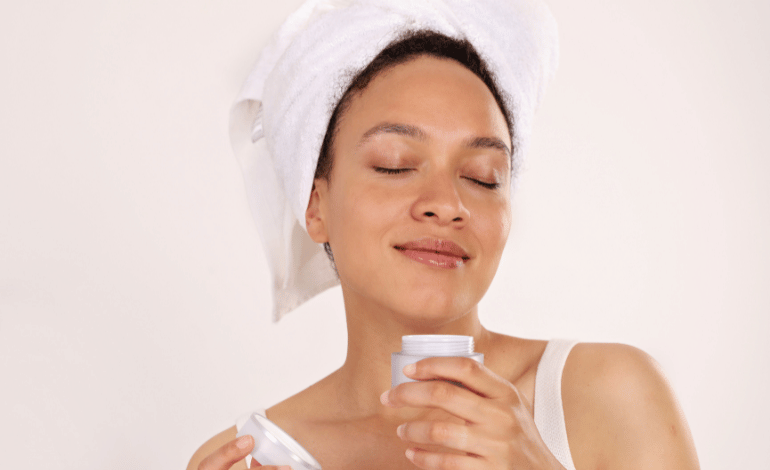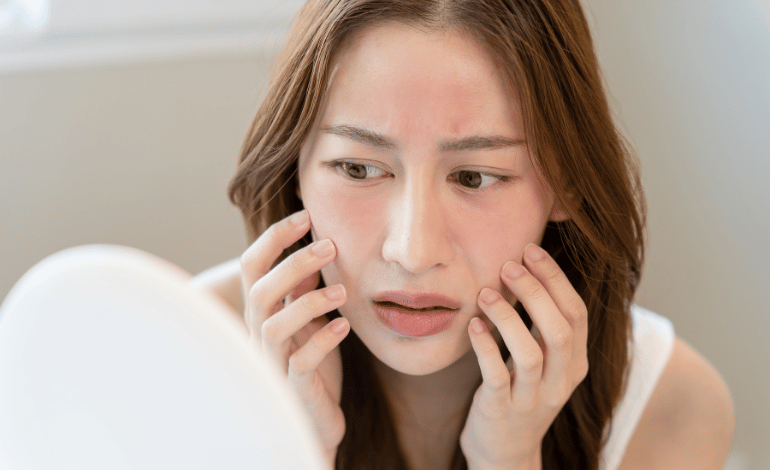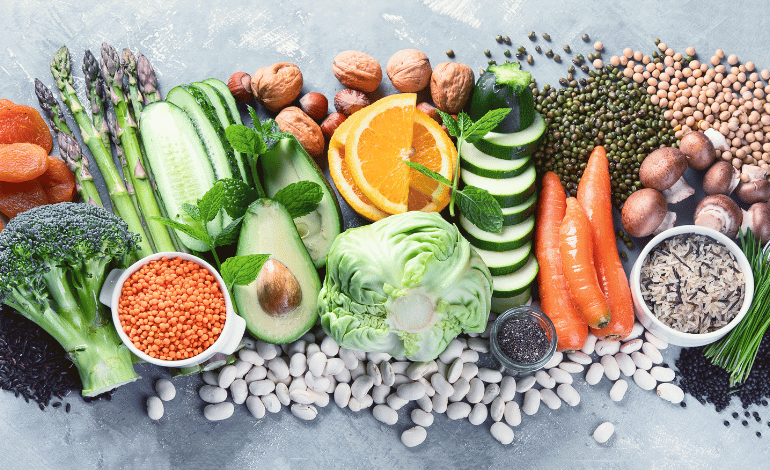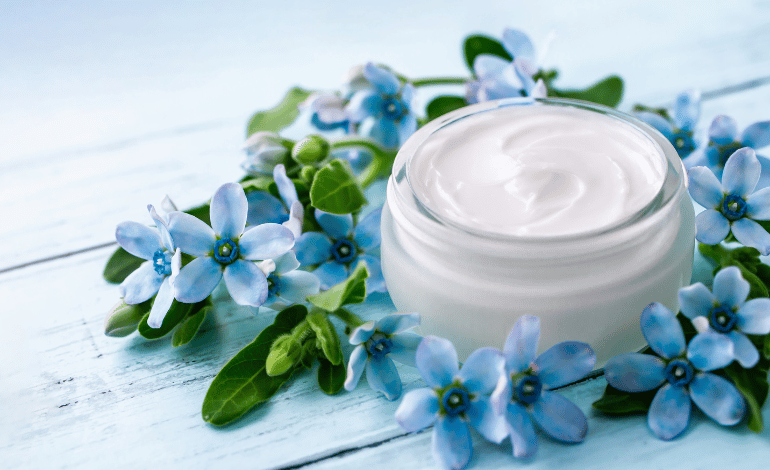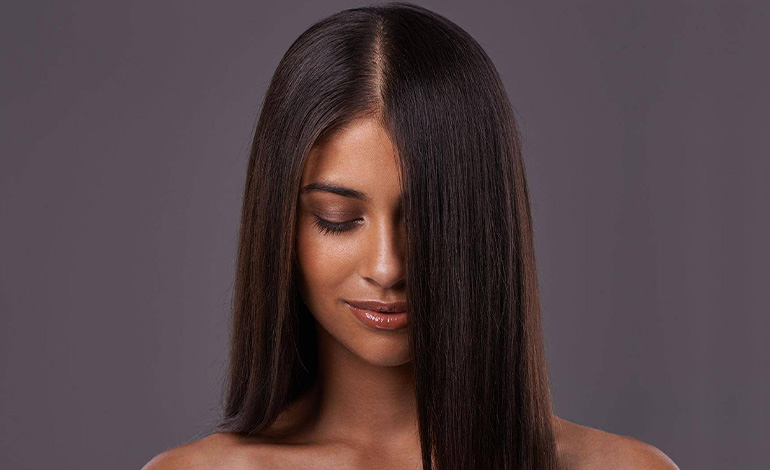Dandruff Treatment and Remedies

Dandruff Treatment and Remedies: Dandruff is a condition of the scalp characterized by flaking and itching. It is caused by an overproduction of skin cells that die and then flake off. The exact cause of this overproduction is not fully understood, but it is thought to be related to an overgrowth of a yeast called Malassezia. Other factors that can contribute to dandruff include oily skin, dry skin, eczema, psoriasis, and certain medications.
Symptoms of dandruff include white or yellow flakes of skin in the hair or on the shoulders, itching or redness of the scalp, and sometimes greasiness or oiliness of the hair. Dandruff can be treated with over-the-counter shampoos containing active ingredients such as pyrithione zinc, salicylic acid, or selenium sulfide. Some people may find relief using medicated shampoos or other products that contain coal tar, ketoconazole, or tea tree oil. But instead of trying strong shampoos and harsh treatments to eliminate dandruff, consider switching to hair masks or Organic Shampoos for dandruff. These hair masks and Organic Shampoos can be used long-term without causing any damage to hair or scalp. Moreover, they have many additional benefits for hair.
In some cases, dandruff may be caused by an underlying medical condition, such as eczema, psoriasis, or seborrheic dermatitis. These conditions may require additional treatment.
Types of Dandruff
- Dry Scalp Dandruff: This type of dandruff is caused by dry skin on the scalp. It can be characterized by small, white flakes and an itchy scalp.
- Oily Scalp Dandruff: This type of dandruff is caused by an overproduction of oil on the scalp. It can be characterized by large, yellow flakes and a greasy scalp.
- Seborrheic Dermatitis: This type of dandruff is caused by a fungal infection on the scalp. It can be characterized by red, irritated skin, greasy flakes, and an itchy scalp.
- Psoriasis Dandruff: This type of dandruff is caused by a chronic skin condition called psoriasis. It can be characterized by red, scaly patches on the scalp and an itchy scalp.
- Malassezia Dandruff: This type of dandruff is caused by an overgrowth of a yeast called Malassezia on the scalp. It can be characterized by small, white flakes and an itchy scalp.
Reasons for Dandruff
- Dry skin: When the skin on the scalp is dry, it can lead to flaking and itching.
- Oily skin: An excess of oil on the scalp can also contribute to dandruff.
- Yeast overgrowth: An overgrowth of the yeast Malassezia on the scalp can lead to dandruff.
- Eczema and psoriasis: These skin conditions can cause dandruff-like symptoms.
- Not shampooing enough: Not shampooing the hair frequently enough can lead to build-up of oils, dead skin cells, and bacteria on the scalp.
- Allergies and sensitivities: Allergies or sensitivities to hair products, such as shampoos or hair dyes, can cause dandruff.
- Hormonal changes: Hormonal changes can cause changes in the skin’s oil production, leading to dandruff.
- Cold, dry weather: Cold, dry weather can dry out the skin, leading to dandruff.
- Stress: Stress can cause changes in the skin’s oil production, leading to dandruff.
- Nutritional deficiencies: Nutritional deficiencies, particularly a lack of vitamin B, zinc, or omega-3 fatty acids, can lead to dandruff.
Lifestyle Changes Needed for Dandruff
Lifestyle changes can play an important role in curing dandruff. Here are a few changes that you can make to help reduce the symptoms of dandruff:
- Scalp hygiene: Keeping your scalp clean and moisturized is important for preventing dandruff. Use a mild shampoo and conditioner and avoid using harsh chemicals on your hair.
- Diet: Eating a healthy diet that includes foods rich in vitamins and minerals can help improve the health of your scalp. Eating foods that are high in zinc, B vitamins, and omega-3 fatty acids can be particularly beneficial.
- Stress management: Stress can exacerbate dandruff symptoms, so it’s important to manage stress levels through regular exercise, meditation, or other relaxation techniques.
- Sleep: Getting enough sleep can help your body recover and rejuvenate, therefore, it’s important to have a regular sleep schedule and get at least 7-8 hours of sleep each night.
- Avoid harsh hair care products: Dandruff can be caused by sensitivity to hair care products, so it’s best to avoid using harsh chemicals or products that contain alcohol, which can dry out your scalp.
- Consult a Doctor or Trichologist: Dandruff can be caused by a variety of factors, it’s best to consult a doctor or a trichologist for proper diagnosis and treatment.
Home Remedies to Treat Dandruff
- Apple Cider Vinegar: Mix equal parts water and apple cider vinegar and apply it to the scalp. Leave it on for 5-10 minutes before rinsing it off. Repeat this process once or twice a week.
- Baking soda: Mix a small amount of baking soda with water to make a paste. Massage it into the scalp and leave it on for a few minutes before rinsing it off. Repeat this process once or twice a week.
- Tea tree oil: Add a few drops of tea tree oil to your shampoo or mix it with a carrier oil such as coconut oil and massage it into the scalp. Leave it on for 5-10 minutes before rinsing it off. Repeat this process once or twice a week.
- Aloe vera: Apply aloe vera gel directly to the scalp and leave it on for 15-20 minutes before rinsing it off. Repeat this process once or twice a week.
- Lemon juice: Mix a few tablespoons of lemon juice with water and massage it into the scalp. Leave it on for 5-10 minutes before rinsing it off. Repeat this process once or twice a week.
- Neem oil: Massage neem oil into the scalp and leave it on for 30 minutes before rinsing it off. Repeat this process once or twice a week.
It is important to note that these home remedies may not work for everyone and it’s always best to consult with a trichologist or dermatologist for personalized advice and treatment options.
Can A Hair Mask Help Treat Dandruff?
A hair mask can potentially help treat dandruff, depending on the ingredients used. Some ingredients that may be helpful in treating dandruff include tea tree oil, coconut oil, apple cider vinegar, and aloe vera.
Tea tree oil has antifungal and anti-inflammatory properties, which can help to soothe irritated skin and reduce the growth of yeast that can cause dandruff. Coconut oil can help to moisturize and nourish the scalp, which can help to reduce dryness and flaking. Apple cider vinegar has antifungal properties and can help to balance the pH of the scalp, which can reduce the growth of yeast. Aloe vera can help to soothe and moisturize the scalp, which can reduce irritation and flaking.
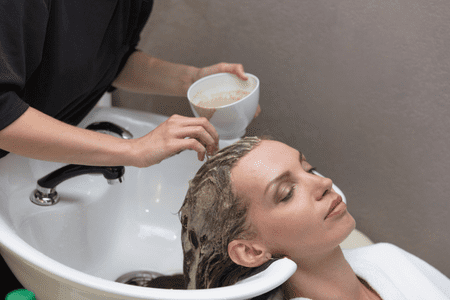
Best Home-Made Hair Masks for Dandruff
- Tea Tree Oil Hair Mask: Mix a few drops of tea tree oil with coconut oil or any other carrier oil. Massage the mixture into the scalp and leave it on for 15-20 minutes. Rinse it off with a mild shampoo. Tea tree oil has antifungal and anti-inflammatory properties that help to soothe irritated skin and reduce the growth of yeast that can cause dandruff.
- Yogurt and Honey Hair Mask: Mix equal parts yogurt and honey together. Apply the mixture to the scalp and hair, and leave it on for 20-30 minutes. Rinse it off with a mild shampoo. Yogurt contains probiotics that help to nourish the scalp, while honey is a natural moisturizer that helps to soothe and hydrate the scalp.
- Apple Cider Vinegar Hair Mask: Mix equal parts water and apple cider vinegar. Apply the mixture to the scalp and hair, and leave it on for 15-20 minutes. Rinse it off with a mild shampoo. Apple cider vinegar helps to balance the pH of the scalp, which can reduce the growth of yeast and soothe irritated skin.
- Aloe Vera Hair Mask: Apply aloe vera gel directly to the scalp and leave it on for 15-20 minutes. Rinse it off with a mild shampoo. Aloe vera can help to soothe and moisturize the scalp, which can reduce irritation and flaking.
- Coconut Oil Hair Mask: Massage coconut oil into the scalp and leave it on for 30 minutes. Rinse it off with a mild shampoo. Coconut oil can help to moisturize and nourish the scalp, which can help to reduce dryness and flaking.
- Neem Oil Hair Mask: Massage neem oil into the scalp and leave it on for 30 minutes. Rinse it off with a mild shampoo. Neem oil has anti-inflammatory and antifungal properties that can help to soothe the scalp and reduce the growth of yeast that can cause dandruff.
- Fenugreek Seed Hair Mask: Soak fenugreek seeds in water overnight, grind them to make a paste and apply it on scalp and hair. Leave it on for 30 minutes. Rinse it off with a mild shampoo. Fenugreek seeds have anti-inflammatory and antifungal properties that can help to soothe the scalp and reduce the growth of yeast that can cause dandruff.
- Aspirin Hair Mask: Crush a few aspirin tablets and mix them with your shampoo. Massage the mixture into the scalp and leave it on for 5 minutes. Rinse it off with a mild shampoo. Aspirin has anti-inflammatory properties that can help to soothe irritated skin and reduce flaking.
- Lemon Juice Hair Mask: Mix a few tablespoons of lemon juice with water and massage it into the scalp. Leave it on for 5-10 minutes before rinsing it off with a mild shampoo. Lemon juice helps to exfoliate the scalp and reduce the growth of yeast.
- Baking soda hair mask: Mix a small amount of baking soda with water to make a paste. Massage it into the scalp and leave it on for a few minutes before rinsing it off. Repeat this process once or twice a week. Baking soda can help to exfoliate the scalp and reduce the buildup of oils and dead skin cells that can cause dandruff.
In conclusion, dandruff is a common scalp condition that can be caused by a variety of factors, including dry skin, fungus or yeast, eczema, psoriasis, and sensitivity to hair care products.
While there are many hair masks available in India that claim to be effective for treating dandruff, it’s important to consult a doctor or trichologist to determine the underlying cause of your dandruff and to ensure that you’re using the appropriate treatment.
Organic hair masks can also be effective in treating dandruff, but it’s important to read labels and check for certifications to ensure that the product is truly organic.
It’s also important to maintain a healthy scalp by keeping it clean and moisturized, avoiding harsh chemicals, and using gentle hair care products. And, maintaining a healthy diet and lifestyle can also help to prevent dandruff.

